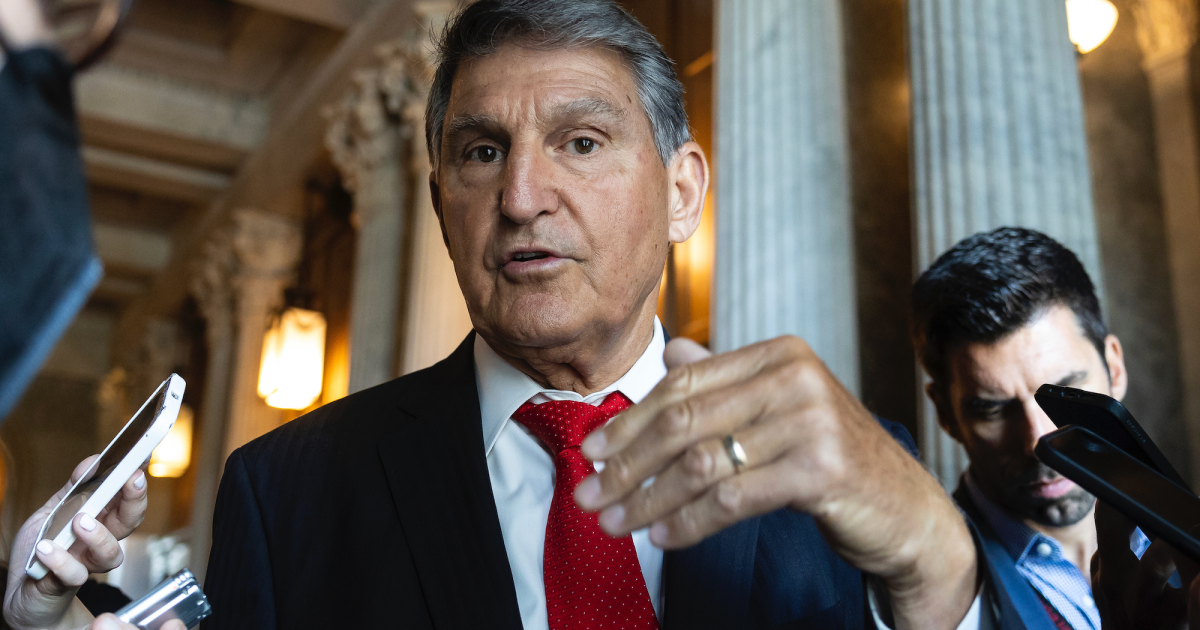- cross-posted to:
- us_news@lemmygrad.ml
The United States’ poverty rate experienced its largest one-year jump on record last year, with the rate among children more than doubling from 2021’s historic low of 5.2 percent to 12.4 percent according to new numbers from the US Census Bureau out today. They’re the latest data to reflect the devastating effects following the expiration of nearly all pandemic-era relief programs. That includes the end of Medicaid rules that protected recipients from getting kicked off because of administrative errors, an end to rental assistance policies, and the restart of student loan payments.
These policies might seem like a distant memory at this point. But they’re worth recalling with the arrival of every new report. Each demonstrates what happens when politicians long hostile to caregivers, universal health care, and the welfare state, for a brief moment, acted to create powerful, federally-backed safety net programs aimed at helping everyday Americans. One of the most effective programs to emerge was the expansion of the child tax credit, which provided families monthly checks of up to $300 per child and broadened eligibility rules for qualifying families. In turn, child poverty rates plummeted; the extra income allowed caregivers to quit grueling second and third jobs; parents were able to buy their kids decent clothes and help stop taunting at school. The Census Bureau previously reported that food insecurity dropped dramatically after just the first extended payment, from 10.7 million households reporting they didn’t have enough food to 7.4 million.
But as the pandemic receded, Republicans with the help of West Virginia Sen. Joe Manchin, who in private remarks reportedly warned that families were using the extra income to buy drugs, appeared to remember the country’s longstanding pre-pandemic hostility. Their opposition ultimately tanked President Biden’s agenda, and along with it, the brief life of the expanded child tax credit. That’s something worth remembering today as the predictable crowd is likely to cry about Democratic-engineered inflation.


deleted by creator
No thanks. You claim to speak for the people, but really you only want power for your fringe ideology.
deleted by creator
Our "fringe ideology" has the largest political party on the planet.
Only because other parties are banned. Can't stand real competition.
There are eight politcal parties in the PRC
Oh, sorry. Every party that is not subservient to the CPC is banned. And those that are left are tiny with no real influence.
If they ban other parties, they're a one-party state. If they don't ban other parties, actually yes they do and it's all a secret scheme to convince us they're not a one-party state.
There are literally 8 parties represented in the legislature
The other ones are a joke. The largest has 58 out of 2980 seats.
Democracy is when no political party dominates, and the more power doesn't consolidate around a very justifiably popular party the more democratic it is.
If the democrats started doing good things the last time they had concrete control over all three branches and jumped to something like 80 percent popularity and got 80 percent of the vote, that would be undemocratic. Just like how the CPC has an above 90 percent approval rate according to international observers and holds almost all political offices in China.